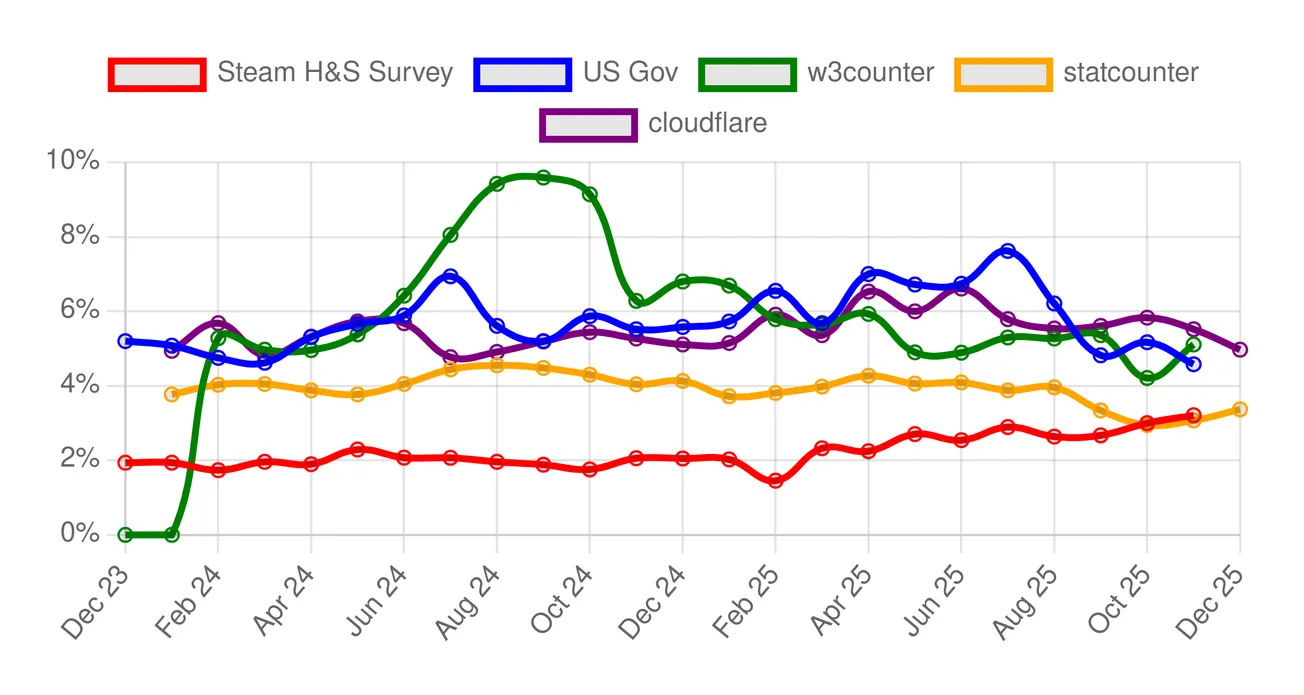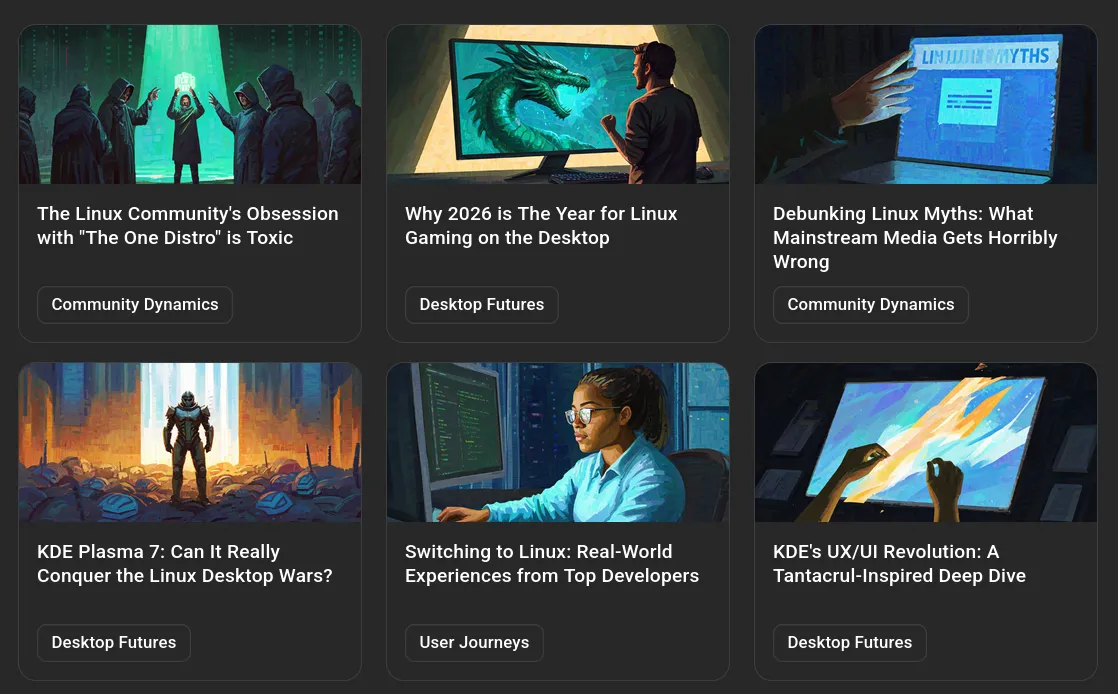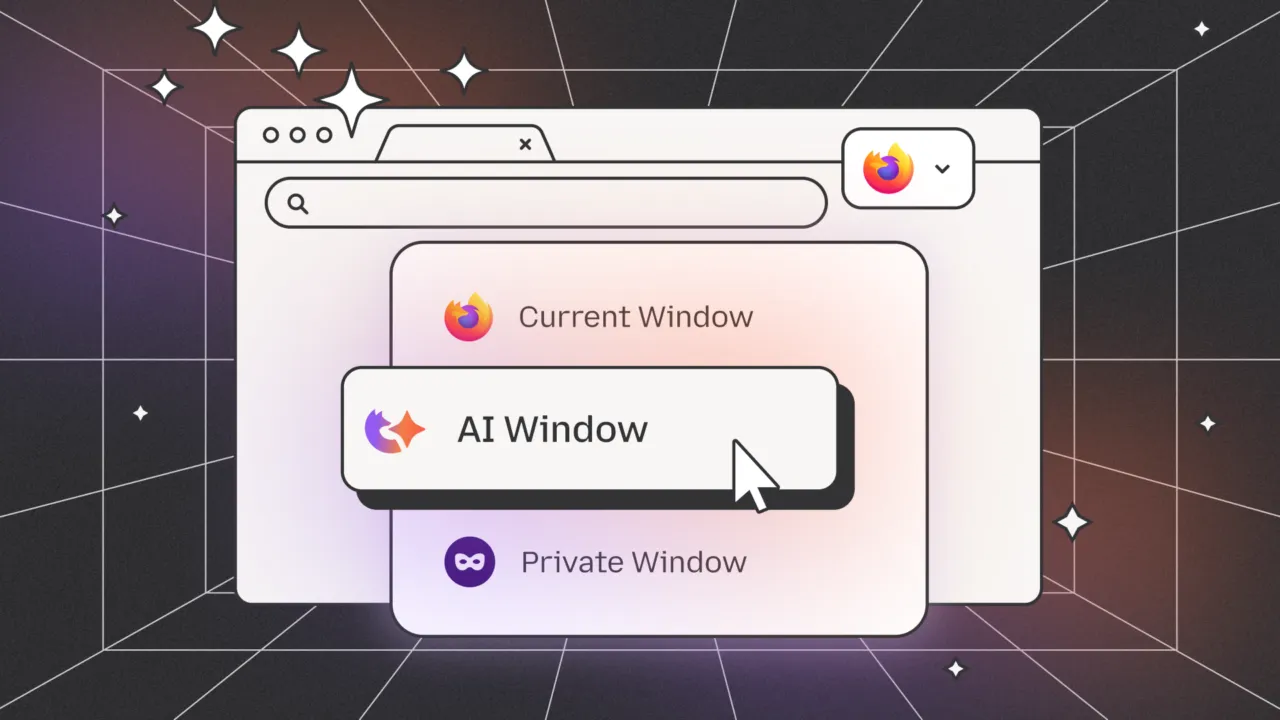Table of Contents
The Linux community is an interesting place. There is really no single way to define it, really: everybody has a different opinion on how things work.
Foremost, the Linux community is awesome. It has its faults but, among all the communities I have participated in, the Linux community has consistently been the best one, with the most occasions to learn, and some of the most committed people. The Linux community feels like home at this point, and I interact with it almost every day.
However, the reputation the Linux community gets is mixed. Specifically, a lot of folks find the Linux community too elitist, too prone to turn away or exclude beginners from joining their ranks, and practicing toxic gatekeeping. But are these claims really substantiated in 2025?
Learning how to learn
A famous quote with a fairly contested origin says:
Give a man a fish, and you feed him for a day. Teach a man to fish, and you feed him for a lifetime.
If I had to describe what I love about the Linux community in a single sentence, this would be it.
The Linux community has the rather rare attribute of being filled with passionate people who really care. This is why, when you ask for help on anything, you will likely find people who are invested in really helping you.
The best way to help someone out with a technical problem is never to feed them the solution as it is but, way more often, it is to teach them how to solve it themselves. This happens a lot in the Linux community, too. While your issue can probably be solved with a single command to run be done with, you are going to find a lot of people who are going to try to help you reach that solution yourself. They are going to give you practical tips, they are going to give you leads. You will be pointed in the right direction, linked to documentation to read, but you will typically not be given the readily baked solution immediately.
For a beginner, this might be seen as annoying, or paternalistic. I am not going to lie: when I was a new leaf in the community, this behavior really annoyed me as well! As time went on, though, I realized just how important it is, for several reasons.
Firstly, contrarily to what a lot of people argue, helping a person this way is not as cop out, or a way to avoid making effort. Quite the opposite, in fact: providing the solution outright with no context or explanation is trivially easy to do, and it only takes a few seconds of your life. Helping you learn takes way more effort. A person whom you gave some leads to solve a problem is not going to stop there: they are going to go back to double-check their progress with you, and expect more guidance and pointers. Helping a person like this is a way higher commitment of time and energy than just giving them a command to paste and run.
The same happens when someone asks for help on something really specific and, rather than just being given the solution, they get asked for broader context. A lot of people usually get irritated at this step, because they feel as though their needs are not being listened to. Frankly, it is easy to empathize. People often leave these conversations being told what they are trying to do doesn't make sense, and that they should do something completely different. Initially, this behavior could make you feel unheard, or treated poorly. I certainly felt like this at the beginning. However, once you get more mileage with Linux, you will eventually start to get it. For any given problem, there is such a thing as a good or a bad solution. Frequently, the hard part is not the execution — say, coding a simple bash script that solves your problem — rather, it is the idea. The hard part is taking a broader problem and successfully narrowing it down to a solution that makes sense given a certain context. At the beginning, you will not have this skill, and you will chase a lot of dead-ends. While it can feel frustrating to be treated this way, your fellow community members are merely trying to pull you out of a rut, suggest you a cleaner solution, and giving you pointers in how to go about it. Those who do not let the irk and the annoyance get the best of them tend to learn a lot from these troubleshooting sessions.
Helping people learn properly is a lot of work, but it ultimately pays off. The open source community has been surviving through several generations thanks to a principle known as transfer of knowledge.
A community, like the Linux community, should not be perceived as a product of some sort. It is not a company that provides consultancy and professional services for a fee, it is not a vendor whom you contact to get support on a product you bought. It is a community of people who are united by the love for Linux and the ethical principles that stand behind it, and have a culture of helping each other. Every person is, simultaneously, expected to help and be helped. It is natural that, as you go on with your life, you might shift more towards one specific area of expertise: you can never know everything about everything. It is just not feasible.
Simply put, what often ends up happening is that, among all the people you transfer some of your knowledge to, some of them will stick around in the community long-term and keep interacting. Well — before they even know it, one day, they will spontaneously find themselves on the other side, transferring their knowledge by mentoring beginners, and helping them get past the same hurdles that once plagued them, too.
When you truly, intimately learn about Linux and related FOSS technologies, you will typically contribute back. Not only to fellow community members, but to the world in general. You will feel compelled to teach your friends about Linux, you will solve problems in your organization, you will use those skills in positive ways.
In a lot of other communities, this simply does not exist: when you ask for help, you will get spoon-fed a solution, but you will know nothing about how, or why, that works. Have you ever tried to diagnose a problem on a Windows computer? If you did, you will get what I mean. You will be given an extremely operative and to the point solution, but you will not know why it works. You might be given a .reg file to import to your Windows Registry, but you will not be told what it touched, why, and why it works. Likewise, you might be given a cmd command, or a series of clicks you must do in a graphical interface, but it will not teach you anything.
The best definition of what gatekeeping is, and when it is good or bad, is soatok's article “No Gates, No Keepers”, which I highly recommend you give a read. I have been unable to find any resource that explains it better. Going by soatok's definition, I can confidently say what the community is doing here does not count as toxic gatekeeping, because they are not trying to limit a newcomer's access to information, knowledge, or even acceptance in the community. If anything, they might be trying to gatekeep poor solutions that you should not attempt due to them being terrible ideas. But is that wrong? A good mentor should not only be teaching you what to do, they should be clearly teaching you what to avoid, as well. When you are a beginner in any skillset — programming, Linux, DevOps, writing, making music, whatever you want — the best thing you can do for yourself is to swallow your pride and learn from people who have already honed that craft for a while.
What about distro tribalism?
While what I have said above is still true, the old saying is still true.
“The truth is rarely pure and never simple.”
- Oscar Wilde
Along your journey in the Linux community, there is a non-zero chance that you will encounter folks who have really strong opinions on certain pieces of software. These opinions can be very absolute, rather than relative: you are not going to be recommended against a specific tool that might be unfit for the specific job you are trying to achieve; rather, you might be told that tool is bad, and you shouldn't use it.
The typical targets are Linux distributions and desktop environments that are really mainstream, easy to get going with, and widely used, like the Ubuntu Linux distribution, or the GNOME desktop environment. As a beginner, these statements might be disorientating to hear: imagine you have just began trying out Linux for yourself, by installing a copy of Ubuntu alongside your existing copy of Windows, and you are still learning to get the hang of Ubuntu. Everything is going well enough, until you meet that guy who tells you that you made a horrible choice, and everything you use sucks. Reacting with annoyance or frustration is not only understandable, it is the humanly natural response. It might even halt your progress there: I know that, for some people, it did. If every single distro and DE is hated for different reasons, it is surprisingly easy to enter “analysis paralysis” and choose none.
This is a complex phenomenon. Hatred towards certain components of the Linux desktop usually derives from frustration, or disagreement with the project direction. Even when it can be partially justified and understood, though, this behavior is not only not cool, but it is often perpetrated by people who do not have a lot of experience. With only a broad understanding of a topic, especially when the Internet exists and acts as an influence, people who do not have a ton of experience on it tend to have an overly simplified view of the world. In turn, this can lead them to think that something must be part of a binary category — it must be either good or bad. Right or wrong.
You should probably not listen to people who engage in this behavior: it is a telltale sign they really do not know much more than you do, after all, and you are better off learning from more experienced people.
Thankfully, though, every year that passes, I see less and less of this behavior. While this kind of tribalism used to be acceptable, engaging in it is mostly frowned upon nowadays. Yes, there are still spaces where this behavior is condoned or encouraged, but you should probably not hang around there too much.
While this problem will not concern you in the more popular and vetted Linux spaces, the community is big and varied. You should be cautioned that there are indeed spaces inside the community that are problematic, for several reasons, but you do not have to hang out there. On the contrary, you should probably leave those spaces as soon as you notice the red flags.
Speaking of spaces in the community that you should hang around, you are currently in one. Welcome! If you haven't done so already, you should really join our newsletter. It's completely free, and you will get the most important stories on Linux and FOSS right in your inbox, made with love, with no clickbait titles or sensationalized content, and informative excerpts that tell you exactly what you will find inside. If you are reading from Libre News, you will find the form just below!
The Linux community is waiting for you!
If you have not been interacting with the community out of fear of being mistreated, fear not. A lot of the concerns and stereotypes you have heard about the community come from years past. At this point, so long as you stick to the most popular spaces, you should be fine: most relevant projects enforce a Code of Conduct, and being accepted as a person is really not a problem. The Linux community absolutely thrives on diversity, and there is a spot for you, no matter who you are. This diversity is one of this community's greatest assets, too: people from different backgrounds and walk of life often have different approaches and perspective to bring, and that is key to a good, productive community.
All you need to do is be mindful where you hang out. While there are some fringe groups in the community who are elitist, practice toxic gatekeeping or are not really inclusive, basing their politics from reactionary and conservatice politics, those communities are typically small and few and far between. It is highly unlikely you will ever encounter one. If you do, stop hanging out there, and keep looking. Believe me — the community is diverse and it is made up of many little pieces. No matter who you are, your identity or your proficiency with Linux, this community is ready to accept you, and help you get comfortable. Hopefully, one day, you will be on the other side, teaching the next generation of Linux users everything you know.
I think that's fascinating, and, quite frankly, the direct opposite of gatekeeping.









